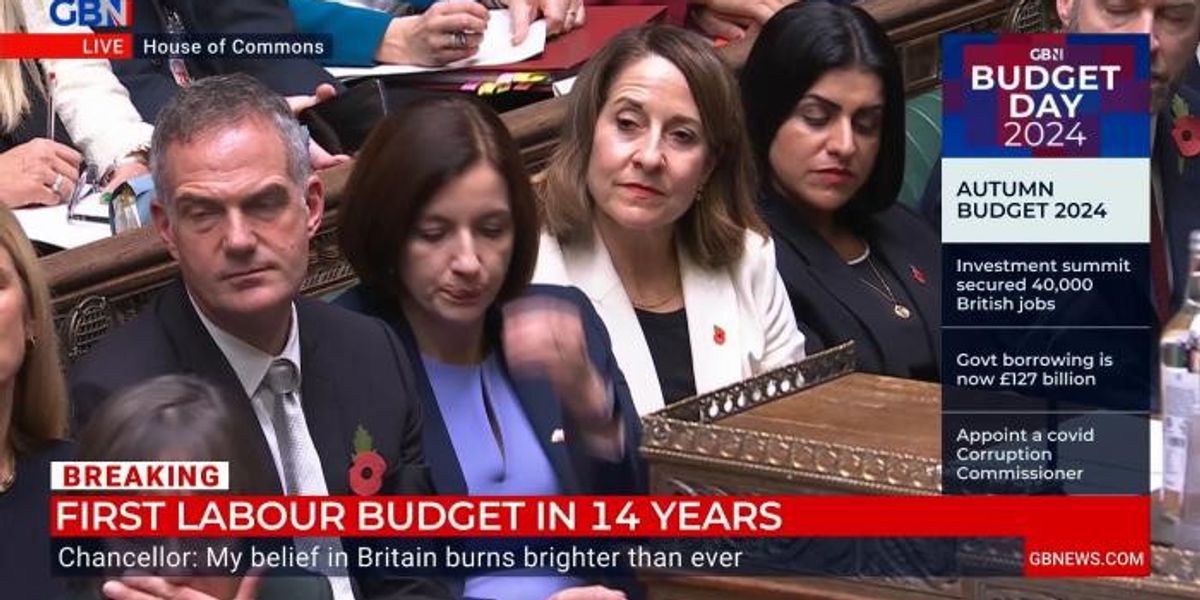World War 2 Sugar Restrictions Linked to Reduced Risks of Diabetes and Hypertension
Euronews ^ | 01/11/2024 | Oceane Duboust
Posted on 11/01/2024 4:07:35 PM PDT by nickcarraway
Limiting sugar intake from conception through early childhood was linked to lower risks of type 2 diabetes and hypertension, a new study found.
Low sugar intake in the womb and during early childhood can protect against diabetes and hypertension later in life, according to a new study.
Analysing data from the UK Biobank, researchers from Canada's McGill University and the University of California, Berkeley and the University of Southern California (USC) in the US examined the influence of sugar rationing during and after World War II by comparing health data of individuals born before and afterwards.
“Studying the long-term effects of added sugar on health is challenging,” Tadeja Gracner, an economist at USC and the study's corresponding author, said in a statement.
“It is hard to find situations where people are randomly exposed to different nutritional environments early in life and follow them for 50 to 60 years. The end of rationing provided us with a novel natural experiment to overcome these problems,” Gracner added.
The risk of developing type 2 diabetes was reduced by 35 per cent on average for children exposed to lower sugar intake during their first 1,000 days (nearly three years) after conception, according to the findings published in the journal Science.
For those who were later diagnosed with diabetes, living through sugar rationing in early childhood delayed the onset of diabetes for four years.
For hypertension, the risk was reduced by 20 per cent and the disease’s onset was delayed by two years.
Sugar restriction in utero (while the mother was pregnant) provided a third of the protective benefits, researchers said.
“Sugar early in life is the new tobacco, and we should treat it as such by holding food companies accountable to reformulate baby foods with healthier options and regulate the marketing and tax sugary foods targeted at kids,” said Paul Gertler, a professor of economics at the University of California and one the study’s authors.
Restrictions compliant with the current dietary guidelines During the UK's sugar rationing which started in 1942 and ended in 1953, sugar intake was about 40 g per day on average.
When it ended, sugar and sweets consumption reached about 80 g per day.
During the rationing, nutrient intake overall remained relatively stable with, for example, protein and fat intake largely unaffected by the rationing policies, according to the study.
Current guidelines by health organisations advise against added sugar for children under two years old and recommend limits for adults.
Dr Hilda Mulrooney, a reader in nutrition at the London Metropolitan University, who wasn’t involved in the study said in a statementthat the findings were “timely” given current high sugar intake levels in the UK.
“This highlights the potential for early childhood diet as a risk factor for chronic disease. Given the high levels of sugar in foods and drinks aimed at toddlers and young children, this is of concern,” she added, underlining that this sort of study couldn’t demonstrate causality.
The research team advocates for clear public guidelines to help parents manage children’s sugar intake and for food companies to offer healthier options in children’s foods.
TOPICS: Food; Health/Medicine; Science
KEYWORDS: diabetes; sugar; worldwar2
Dear FRiends, Our FReepathon Status:
For the time being, we will not be able to accept credit card donations, but our PayPal system still works, and of course mail-in donations still work fine.
By the way, it seems you don't need to have a PayPal account to use this feature. You can also donate by debit or credit card on the PayPal page.
Click here to donate by PayPal or credit/debit card
Or by mail to: Free Republic, LLC - PO Box 9771 - Fresno, CA 93794
Thank you all very much, and God Bless you.
Jim and Chris
1 posted on 11/01/2024 4:07:35 PM PDT by nickcarraway
To: ConservativeMind
2 posted on 11/01/2024 4:08:15 PM PDT by nickcarraway
To: nickcarraway
It neglects to factor in the weight issue, which I read is the most correspondent aspect related to diabetes. Today, over 70% of Americans are overweight or obese. Yet sugar itself is not a “fattening food.”
3 posted on 11/01/2024 4:12:52 PM PDT by daniel1212 (Turn 2 the Lord Jesus who saves damned+destitute sinners on His acct, believe, b baptized+follow HIM)
To: nickcarraway
My siblings and I were WW2 babies. Twfo of the four girls hav type 2 diabetes, and all of us sublings have some level of hypertension. Well, so much for that theory.
4 posted on 11/01/2024 4:15:58 PM PDT by Wuli
To: daniel1212
Yet sugar itself is not a “fattening food.”
Why isn't it? What exactly is a "fattening food?"
5 posted on 11/01/2024 4:16:47 PM PDT by nickcarraway
To: Wuli
I disagree with your conclusions. I assume you mean you were born during World War II. That means you came of age in the 50’s when they started promoting so much of the processed foods that often contain a lot of sugar.
6 posted on 11/01/2024 4:18:05 PM PDT by nickcarraway
Disclaimer: Opinions posted on Free Republic are those of the individual posters and do not necessarily represent the opinion of Free Republic or its management. All materials posted herein are protected by copyright law and the exemption for fair use of copyrighted works.
FreeRepublic.com is powered by software copyright 2000-2008 John Robinson

 By Free Republic | Created at 2024-11-01 23:18:12 | Updated at 2024-11-05 23:21:24
4 days ago
By Free Republic | Created at 2024-11-01 23:18:12 | Updated at 2024-11-05 23:21:24
4 days ago
![When you use AI to replace every mention of "our democracy" with "our bureaucracy," everything starts making a lot more sense. [video]](https://news.devevil.com/site/uploads/2024/Apr/14/news2.png)






